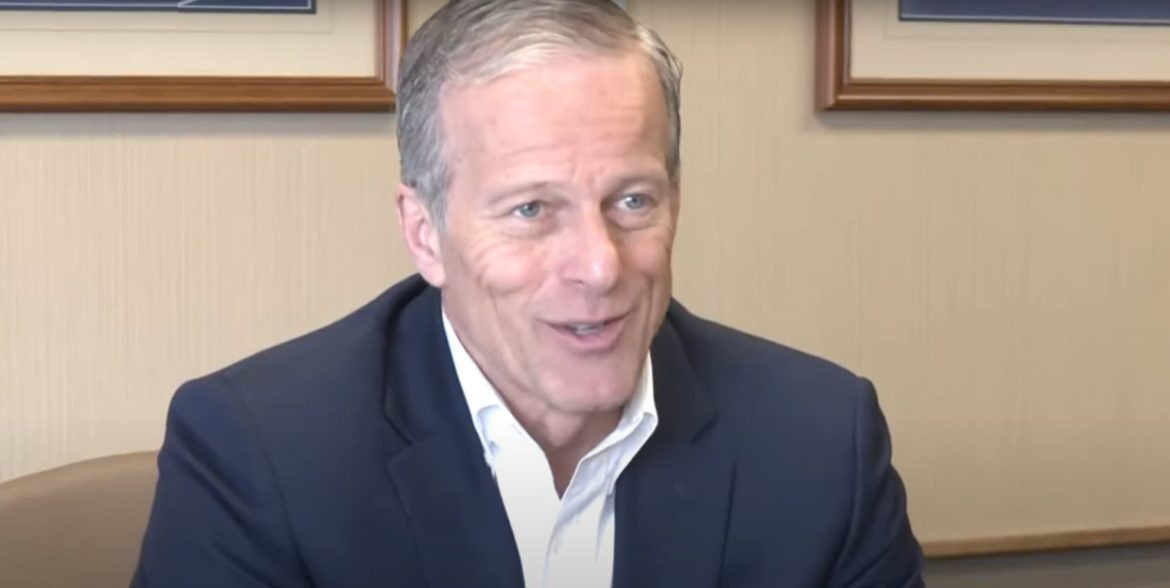Senator John Thune has officially declared his candidacy for the position of Senate Republican leader. This move signals the first significant shakeup in Senate Republican leadership in nearly two decades, setting the stage for a competitive race within the GOP. This article delves into the details surrounding Senator Thune’s decision, the context of the leadership change, and the emerging dynamics within the Republican Party.
From his home state of South Dakota, Senator John Thune has formally announced his bid for the position of Senate Republican leader. As the current GOP Whip, Thune brings a wealth of experience and a strategic position within the party’s hierarchy. The announcement comes on the heels of Senate Minority Leader Mitch McConnell’s decision to step aside at the end of the year, creating an opening for new leadership.
In an interview with Keloland News in Sioux Falls, Senator Thune outlined his motivations for seeking the role of Senate Republican leader. With McConnell’s impending departure, Thune sees an opportunity to contribute to the party’s direction and navigate the complex political landscape. His vision and policy priorities will likely shape the party’s agenda, and his candidacy marks a key moment for Republicans as they position themselves for the future.
Senator Thune is not the sole contender in this race. Texas Senator John Cornyn declared his bid last week, setting the stage for a competitive leadership contest. Additionally, Wyoming Senator John Barrasso has expressed his intention to join the race, adding further intrigue to the unfolding dynamics within the Republican Party. The competition between these seasoned lawmakers reflects the diversity of perspectives within the GOP and signals a potentially transformative shift in its leadership.
The race for Senate Republican leader holds broader implications for the party’s future direction. With ideological differences and strategic priorities at play, the outcome will influence the GOP’s stance on key issues and its approach to collaboration or opposition with the Democratic majority. The changing of the guard in Senate leadership comes at a critical juncture, with the party seeking to redefine its identity and goals.
Senator John Thune’s announcement to run for Senate Republican leader injects a new dynamic into the evolving landscape of U.S. politics. As the GOP undergoes a leadership transition after almost two decades, the choices made by its members will shape the party’s trajectory and influence national governance. The competition for this influential position underscores the ongoing transformation within the Republican Party and its response to the challenges of contemporary American politics.



